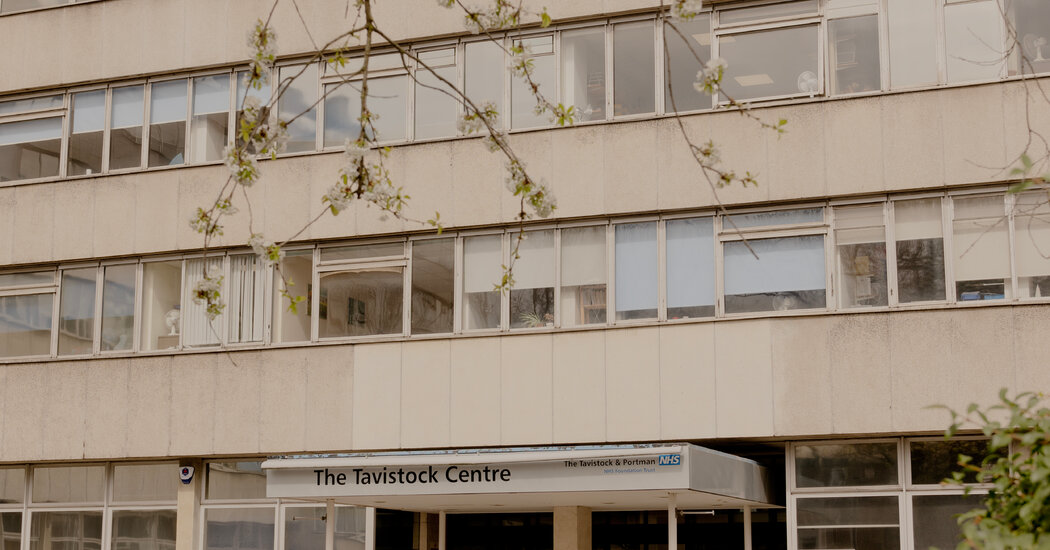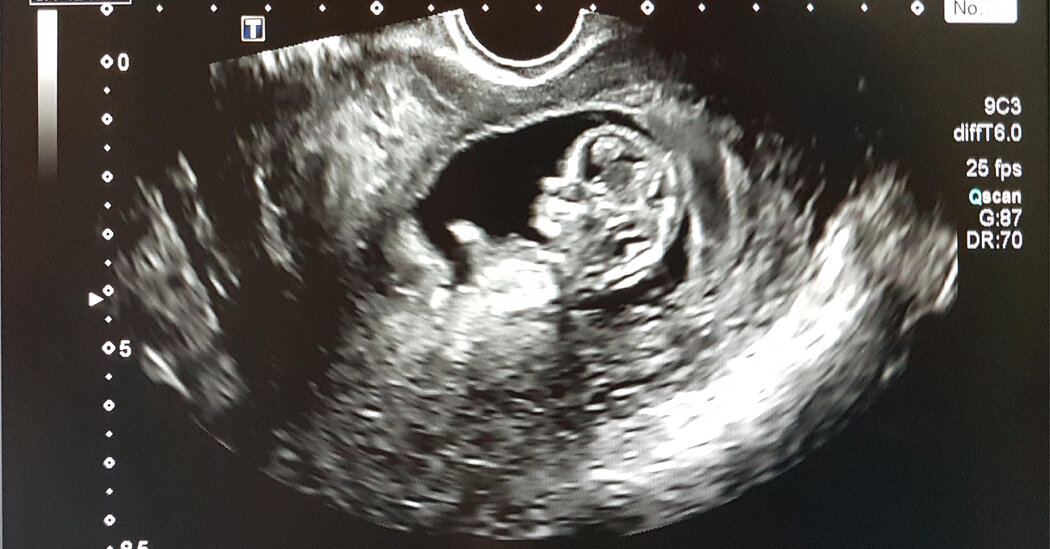The discovery could lead to better treatments for severe nausea and vomiting during pregnancy.The nausea and vomiting that often define the first trimester of pregnancy are primarily caused by a single hormone, according to a study published on Wednesday in the journal Nature. Researchers said that the discovery could lead to better treatments for morning sickness, including rare, life-threatening cases of it.The study confirms prior research that had pointed to the hormone, called GDF15. The researchers found that the amount of hormone circulating in a woman’s blood during pregnancy — as well as her exposure to it before pregnancy — drives the severity of her symptoms.More than two-thirds of pregnant women experience nausea and vomiting during the first trimester. And roughly 2 percent of women are hospitalized for a condition called hyperemesis gravidarum, which causes relentless vomiting and nausea throughout the entire pregnancy. The condition can lead to malnutrition, weight loss and dehydration. It also increases the risk of preterm birth, pre-eclampsia and blood clots, threatening the life of the mother and the fetus.Perhaps because nausea and vomiting are so common in pregnancy, doctors often overlook hyperemesis, dismissing its severe symptoms as psychological, even though it is the leading cause of hospitalization during early pregnancy, experts said. Although celebrities like Kate Middleton and Amy Schumer have raised the condition’s profile in recent years by sharing their experiences, it remains understudied.“I’ve been working on this for 20 years and yet there are still reports of women dying from this and women being mistreated,” said Dr. Marlena Fejzo, a geneticist at the University of Southern California Keck School of Medicine and a co-author of the new study.She knows the pain of the condition firsthand. During her second pregnancy, in 1999, Dr. Fejzo was unable to eat or drink without vomiting. She rapidly lost weight, becoming too weak to stand or walk. Her doctor was dismissive, suggesting she was exaggerating her symptoms to get attention. She was eventually hospitalized, and miscarried at 15 weeks.Dr. Fejzo said she asked the National Institutes of Health to fund a genetic study of hyperemesis, but was rejected. Undeterred, she convinced 23andMe, a popular genetic testing company, to include questions about hyperemesis in surveys of tens of thousands of customers. In 2018, she published a paper showing that customers with hyperemesis tended to carry a variant in a gene for GDF15.Hormones are chemicals that send messages across the body. GDF15 is released by many tissues in response to stress, such as an infection. And its signal is highly specific: Receptors for the hormone are clustered in a part of the brain responsible for feeling sick and vomiting.In the new study, Dr. Fejzo and collaborators at the University of Cambridge in England measured the hormone in pregnant women’s blood and analyzed the genetic risk factors for hyperemesis.The researchers found that women experiencing hyperemesis had significantly higher GDF15 levels during pregnancy than did those who had no symptoms.But the hormone’s effect seems to depend on the woman’s sensitivity and exposure to the hormone before pregnancy. The researchers found, for example, that women in Sri Lanka with a rare blood disorder causing chronically high levels of GDF15 rarely experienced nausea or vomiting in pregnancy.“It completely obliterated all the nausea. They pretty much have next to zero symptoms in their pregnancies,” said Dr. Stephen O’Rahilly, an endocrinologist at Cambridge who led the research.Dr. O’Rahilly hypothesized that prolonged exposure to GDF15 before pregnancy could have a protective effect, making women less sensitive to the sharp surge in the hormone caused by the developing fetus.In lab experiments, the scientists exposed some mice to a small amount of the hormone. When given a much larger dose three days later, the mice did not lose their appetites as much as did animals that were not given the earlier dose — showing a robust effect of desensitization.The findings offer hope for better treatments for hyperemesis, experts said. Patients with hyperemesis could one day take medications to block the hormone’s effects in the brain, if clinical trials were to find the drugs safe in pregnancy. Such medications are being tested in trials of cancer patients with a loss of appetite and vomiting also caused by GDF15.It may even be possible to prevent the condition. Women who are at risk, such as those who experienced severe nausea and vomiting during a previous pregnancy, could be exposed to low doses of the hormone before becoming pregnant. (One diabetes drug, metformin, increases levels of GDF15 and is already prescribed to aid fertility in some patients.)The new study is powerful because it offers genetic proof of a causal relationship between GDF15 and the disease, said Dr. Rachel Freathy, who is a geneticist at the University of Exeter and was not involved in the study. That will help the condition gain greater recognition, she said.“There is kind of an assumption made by many people that women should just be able to cope with this,” Dr. Freathy said. With this biological explanation, she said, “there will be more belief that this is a real thing rather than something in somebody’s head.”
Read more →










